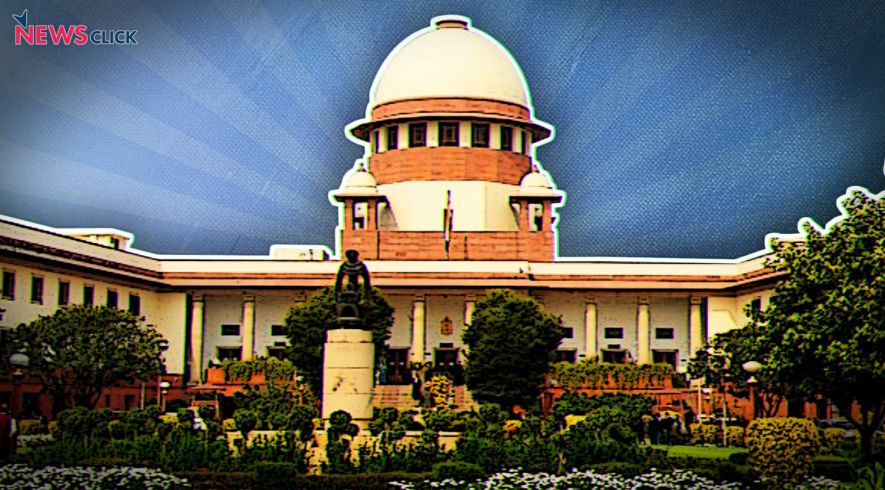No Immunity for MPs, MLAs for Bribery, SC Overrules Verdict in 1998 Narasimha Rao Case

New Delhi: In a significant judgement, the Supreme Court on Monday said MPs and MLAs were not immune from prosecution for taking bribes for speeches or votes in the House under Articles 105 and 194 of the Constitution.
Article 105(2) confers on Members of Parliament (MPs) immunity from prosecution in respect of anything said or any vote given by them in Parliament or on any parliamentary committee. While Article 194(2) grants similar protection to Members of Legislative Assemblies (MLAs), according to a Bar & Bench report.
The apex court’s seven-member constitution bench led by Chief Justice of India, D Y Chandrachud, also overruled the 1998 ruling by the SC in the case of Narasimha Rao (former Prime Minister), known as the ‘JMM Bribery Case’, wherein it had upheld immunity granted to MPs and MLAs.
"While analysing the majority and minority decision of Narasimha Rao judgment, we disagree and overrule the judgment that parliamentarians can claim immunity... The judgment of the majority in Narsimha Rao which grants immunity to legislators has grave danger and thus overruled," the Court held, Bar & Bench reported.
The SC also clarified that the immunities under both the said Articles (as interpreted by the Court on Monday, March 4) would apply equally to Rajya Sabha proceedings, including the election of its Vice-President.
The court also said an MLA taking bribe to vote in Rajya Sabha elections is also liable to be prosecuted under the Prevention of Corruption Act.
According to Live Law, the bench unanimously held that: “Corruption and bribery of members of the legislature erode the foundation of Indian parliamentary democracy. It is disruptive of the aspirations and deliberative ideals of the Constitution and creates a polity which deprives citizens of a responsible, responsive and representative democracy.”
The country’s top court also ruled that “just the act of taking a bribe could expose the legislator to criminal charges and that it is not required for the legislator accepting the bribe to do any further act in response to the bribe,” the Bar & Bench reported.
It said that bribery eroded probity in public life, adding that the offence of bribery was “agnostic and it does not matter whether a vote is cast in a certain direction or is not cast at all in response to the bribe. The offence of bribery is complete when a bribe is accepted.”
The SC verdict came in the case of Sita Soren, who was accused of taking a bribe for voting for a particular candidate in the 2012 Rajya Sabha elections. Sita Soren is the sister-in-law of Jharkhand Mukti Morcha leader and former Chief Minister Hemant Soren.
Get the latest reports & analysis with people's perspective on Protests, movements & deep analytical videos, discussions of the current affairs in your Telegram app. Subscribe to NewsClick's Telegram channel & get Real-Time updates on stories, as they get published on our website.
























